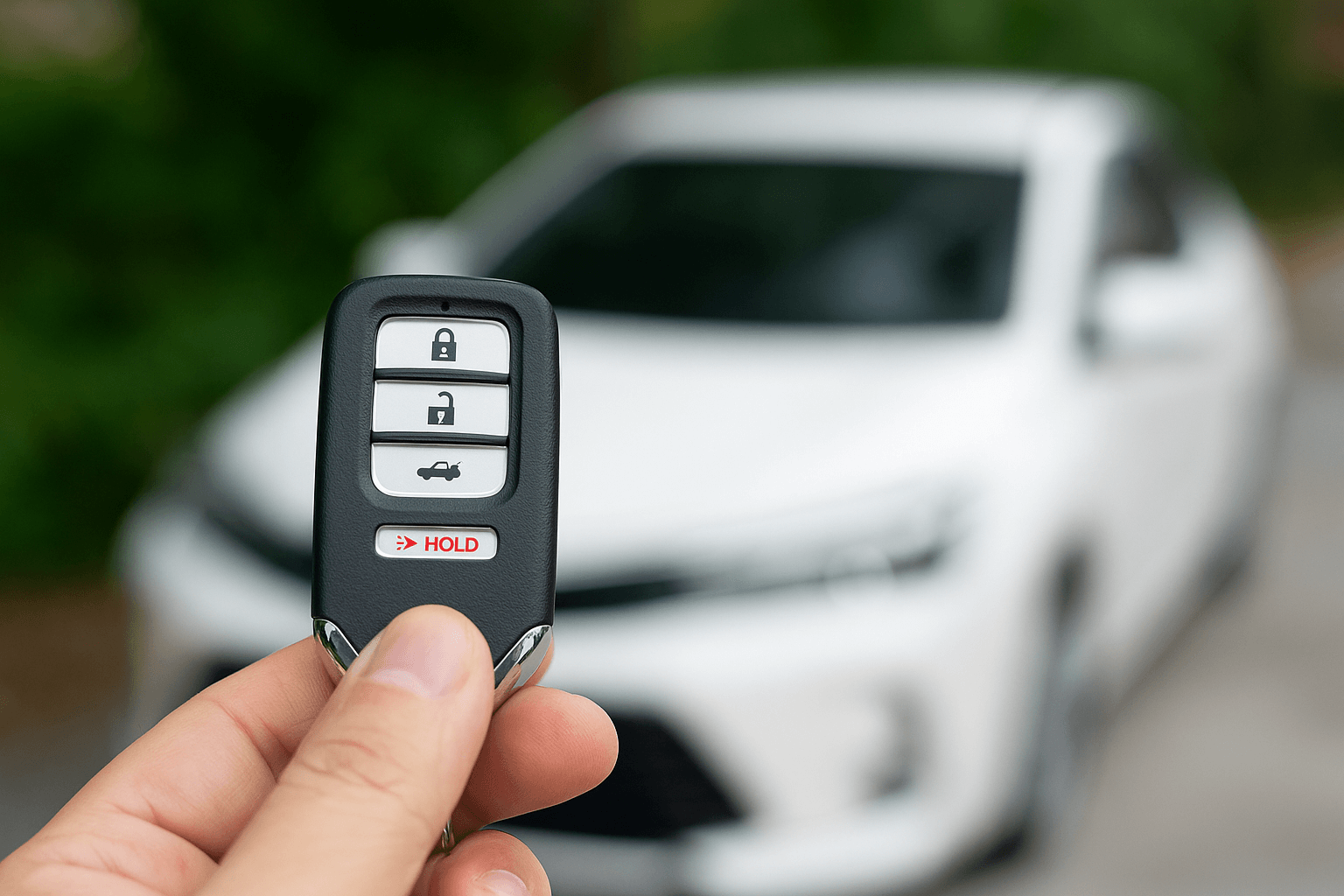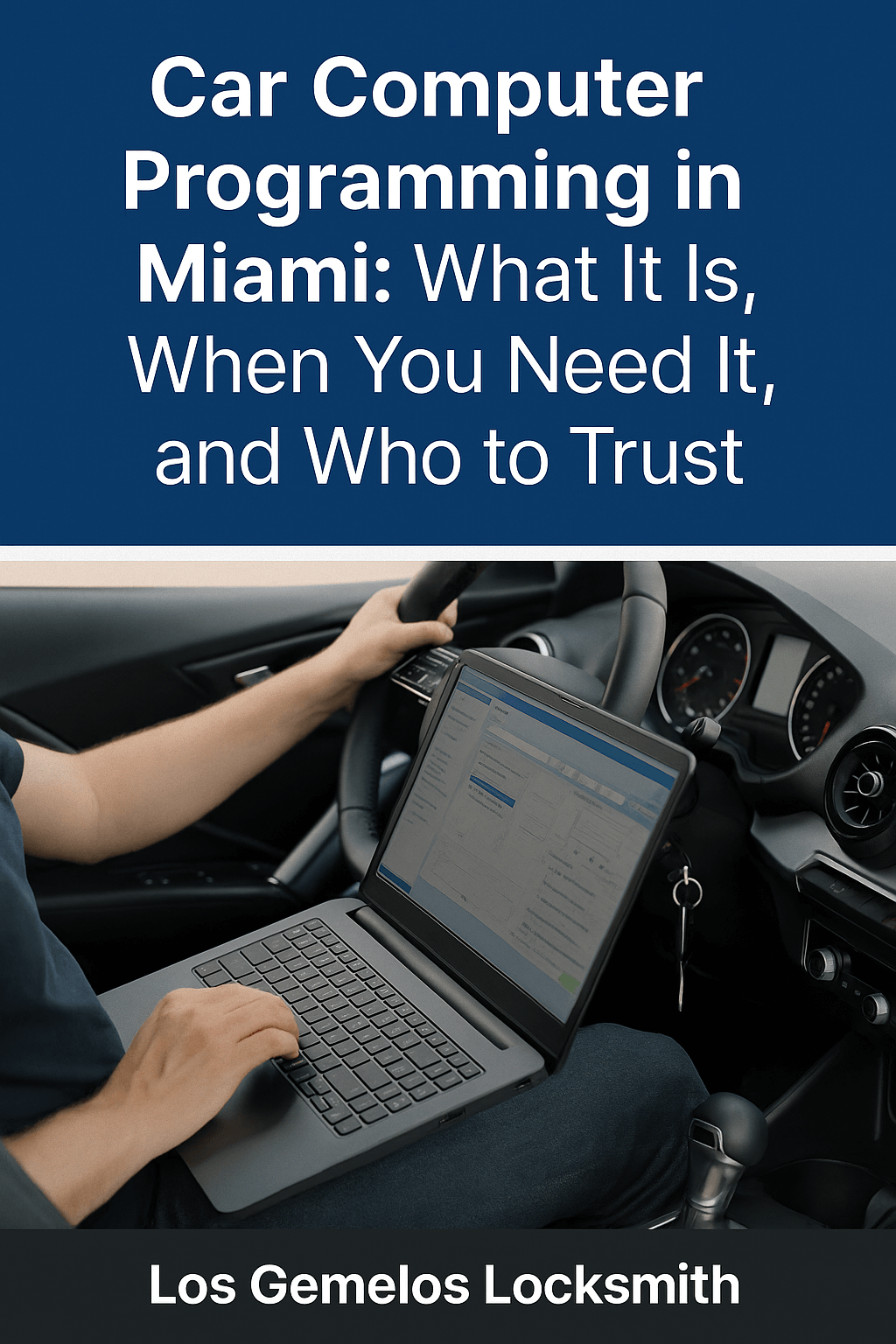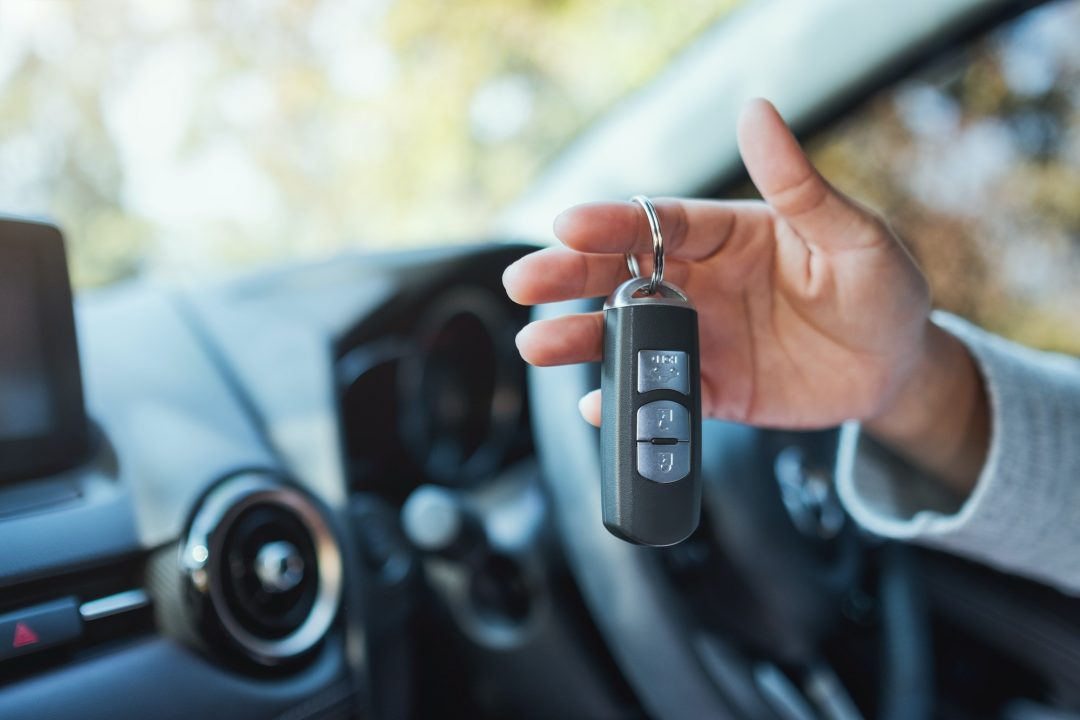[et_pb_section fb_built=”1″ _builder_version=”4.21.0″ _module_preset=”default” global_colors_info=”{}” theme_builder_area=”post_content”][et_pb_row _builder_version=”4.21.0″ _module_preset=”default” global_colors_info=”{}” theme_builder_area=”post_content”][et_pb_column type=”4_4″ _builder_version=”4.21.0″ _module_preset=”default” global_colors_info=”{}” theme_builder_area=”post_content”][et_pb_text _builder_version=”4.24.3″ _module_preset=”default” hover_enabled=”0″ global_colors_info=”{}” theme_builder_area=”post_content” sticky_enabled=”0″]
The Rise of Cybersecurity Threats in Connected Cars
[/et_pb_text][/et_pb_column][/et_pb_row][et_pb_row column_structure=”2_5,3_5″ _builder_version=”4.21.0″ _module_preset=”default” global_colors_info=”{}” theme_builder_area=”post_content”][et_pb_column type=”2_5″ _builder_version=”4.21.0″ _module_preset=”default” global_colors_info=”{}” theme_builder_area=”post_content”][et_pb_image src=”data:image/svg+xml;base64,PHN2ZyB3aWR0aD0iMTA4MCIgaGVpZ2h0PSI1NDAiIHZpZXdCb3g9IjAgMCAxMDgwIDU0MCIgeG1sbnM9Imh0dHA6Ly93d3cudzMub3JnLzIwMDAvc3ZnIj4KICAgIDxnIGZpbGw9Im5vbmUiIGZpbGwtcnVsZT0iZXZlbm9kZCI+CiAgICAgICAgPHBhdGggZmlsbD0iI0VCRUJFQiIgZD0iTTAgMGgxMDgwdjU0MEgweiIvPgogICAgICAgIDxwYXRoIGQ9Ik00NDUuNjQ5IDU0MGgtOTguOTk1TDE0NC42NDkgMzM3Ljk5NSAwIDQ4Mi42NDR2LTk4Ljk5NWwxMTYuMzY1LTExNi4zNjVjMTUuNjItMTUuNjIgNDAuOTQ3LTE1LjYyIDU2LjU2OCAwTDQ0NS42NSA1NDB6IiBmaWxsLW9wYWNpdHk9Ii4xIiBmaWxsPSIjMDAwIiBmaWxsLXJ1bGU9Im5vbnplcm8iLz4KICAgICAgICA8Y2lyY2xlIGZpbGwtb3BhY2l0eT0iLjA1IiBmaWxsPSIjMDAwIiBjeD0iMzMxIiBjeT0iMTQ4IiByPSI3MCIvPgogICAgICAgIDxwYXRoIGQ9Ik0xMDgwIDM3OXYxMTMuMTM3TDcyOC4xNjIgMTQwLjMgMzI4LjQ2MiA1NDBIMjE1LjMyNEw2OTkuODc4IDU1LjQ0NmMxNS42Mi0xNS42MiA0MC45NDgtMTUuNjIgNTYuNTY4IDBMMTA4MCAzNzl6IiBmaWxsLW9wYWNpdHk9Ii4yIiBmaWxsPSIjMDAwIiBmaWxsLXJ1bGU9Im5vbnplcm8iLz4KICAgIDwvZz4KPC9zdmc+Cg==” _builder_version=”4.21.0″ _module_preset=”default” global_colors_info=”{}” theme_builder_area=”post_content”][/et_pb_image][/et_pb_column][et_pb_column type=”3_5″ _builder_version=”4.21.0″ _module_preset=”default” global_colors_info=”{}” theme_builder_area=”post_content”][et_pb_text _builder_version=”4.24.3″ _module_preset=”default” custom_padding=”0px||0px|||” hover_enabled=”0″ global_colors_info=”{}” theme_builder_area=”post_content” sticky_enabled=”0″]
As vehicles become more connected through the internet and other networks, they also become more vulnerable to cyber threats. Connected cars offer significant benefits like enhanced navigation, remote diagnostics, and personalized user experiences, but these features also expose vehicles to potential cyber-attacks. Understanding these threats is crucial for both manufacturers and consumers.
[/et_pb_text][/et_pb_column][/et_pb_row][et_pb_row _builder_version=”4.21.0″ _module_preset=”default” global_colors_info=”{}” theme_builder_area=”post_content”][et_pb_column type=”4_4″ _builder_version=”4.21.0″ _module_preset=”default” global_colors_info=”{}” theme_builder_area=”post_content”][et_pb_text module_class=”outline_border_white redbox_cta” _builder_version=”4.20.2″ text_font=”Fira Sans|||on|||||” text_text_color=”#FFFFFF” text_font_size=”22px” background_color=”gcid-608057bc-50cc-4b1a-b022-07c31a7462f8″ text_orientation=”center” custom_margin=”5px||||false|false” custom_padding=”50px|50px|50px|50px|true|true” custom_padding_tablet=”” custom_padding_phone=”50px|25px|50px|25px|true|true” custom_padding_last_edited=”on|phone” text_font_size_tablet=”” text_font_size_phone=”18px” text_font_size_last_edited=”on|phone” text_orientation_tablet=”” text_orientation_phone=”center” text_orientation_last_edited=”on|phone” global_colors_info=”{%22gcid-608057bc-50cc-4b1a-b022-07c31a7462f8%22:%91%22background_color%22%93}” theme_builder_area=”post_content”]
Call (305)860-1440 For 24/7 Service
[/et_pb_text][/et_pb_column][/et_pb_row][et_pb_row _builder_version=”4.21.0″ _module_preset=”default” global_colors_info=”{}” theme_builder_area=”post_content”][et_pb_column type=”4_4″ _builder_version=”4.21.0″ _module_preset=”default” global_colors_info=”{}” theme_builder_area=”post_content”][et_pb_text _builder_version=”4.24.3″ _module_preset=”default” hover_enabled=”0″ global_colors_info=”{}” theme_builder_area=”post_content” sticky_enabled=”0″]
Nature of Cybersecurity Threats in Connected Cars
- Remote Access: Hackers can gain remote access to a vehicle’s systems through vulnerabilities in software interfaces, potentially taking control of critical functions such as brakes or engines.
- Data Privacy: Personal information, such as location data, driving habits, and even financial information in cars equipped with payment technologies, can be stolen or misused.
- Ransomware and Malware: Connected cars could be locked or have their systems rendered inoperable until a ransom is paid. Malware can also be installed to corrupt essential files and systems.
- Vehicle to Everything (V2X) Communication Threats: As cars communicate with each other and infrastructure to improve traffic flow and safety, these communications can be intercepted or tampered with.
Diagnosing Cyber Threats
- Regular Security Audits and Assessments: Automotive cybersecurity firms can conduct thorough evaluations of vehicle systems to identify vulnerabilities.
- Monitoring Network Traffic: By monitoring the data traffic to and from a vehicle, suspicious activities can be detected early.
- Anomaly Detection Systems: Advanced systems can be employed to detect unusual behaviors that deviate from standard operational patterns.
Mitigating Cybersecurity Risks
- Regular Software Updates: Manufacturers must provide regular updates to fix vulnerabilities and strengthen security measures.
- Secure Communication Protocols: Implementing robust encryption methods for V2X and internal communications to protect data integrity and privacy.
- Educating Consumers: Raising awareness about the importance of cybersecurity practices, such as avoiding unsecured Wi-Fi networks and ensuring their vehicle’s software is up-to-date.
FAQ
Q: How can I protect my connected car from cyber threats? A: Regularly update your vehicle’s software, be cautious with the networks your car connects to, and follow manufacturer guidelines and recommendations for cybersecurity.
Q: Are there any laws to protect consumers from cyber threats in connected cars? A: Some regions have begun implementing regulations that require manufacturers to adhere to strict cybersecurity standards, but laws vary significantly by country.
Q: What should I do if I suspect my car has been hacked? A: Immediately contact your vehicle manufacturer or a cybersecurity professional who specializes in automotive threats. They can guide you on the necessary steps to secure your vehicle and investigate the breach.
Q: Can cybersecurity measures completely eliminate the risk of car hacking? A: While no system can be made entirely hack-proof, robust cybersecurity measures significantly reduce the risk and can make hacking attempts much more difficult and less likely to succeed.
Conclusion
The rise of cybersecurity threats in connected cars is an evolving challenge that requires continuous attention from manufacturers, cybersecurity experts, and vehicle owners. By understanding the risks and implementing strong security practices, the automotive industry can protect against cyber threats, ensuring that the benefits of connected cars are not undermined by vulnerabilities.
[/et_pb_text][/et_pb_column][/et_pb_row][et_pb_row _builder_version=”4.21.0″ _module_preset=”default” global_colors_info=”{}” theme_builder_area=”post_content”][et_pb_column type=”4_4″ _builder_version=”4.21.0″ _module_preset=”default” global_colors_info=”{}” theme_builder_area=”post_content”][et_pb_text _builder_version=”4.21.0″ _module_preset=”default” custom_padding=”|||8px||” global_colors_info=”{}” theme_builder_area=”post_content”][/et_pb_text][/et_pb_column][/et_pb_row][et_pb_row _builder_version=”4.21.0″ _module_preset=”default” global_colors_info=”{}” theme_builder_area=”post_content”][et_pb_column type=”4_4″ _builder_version=”4.21.0″ _module_preset=”default” global_colors_info=”{}” theme_builder_area=”post_content”][et_pb_text _builder_version=”4.21.0″ _module_preset=”default” global_colors_info=”{}” theme_builder_area=”post_content”][/et_pb_text][/et_pb_column][/et_pb_row][/et_pb_section]







